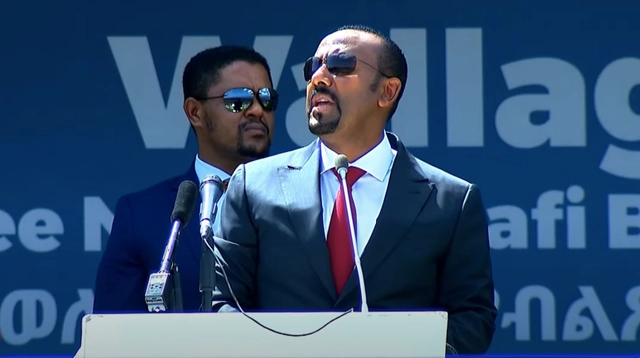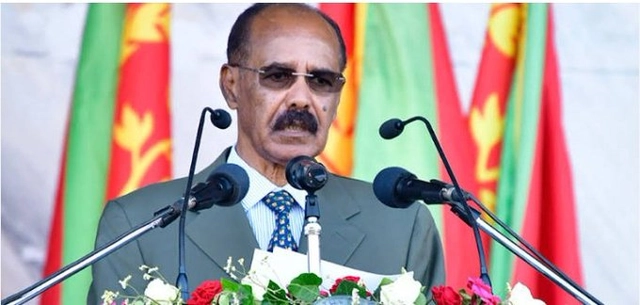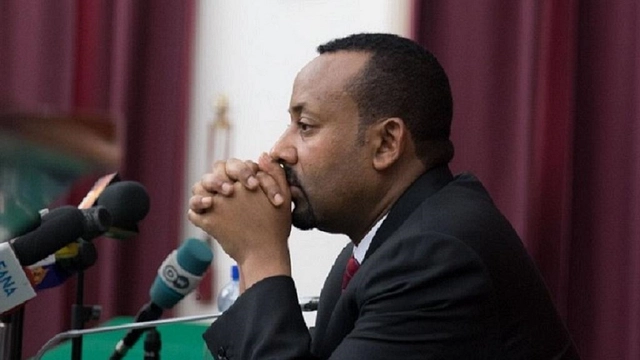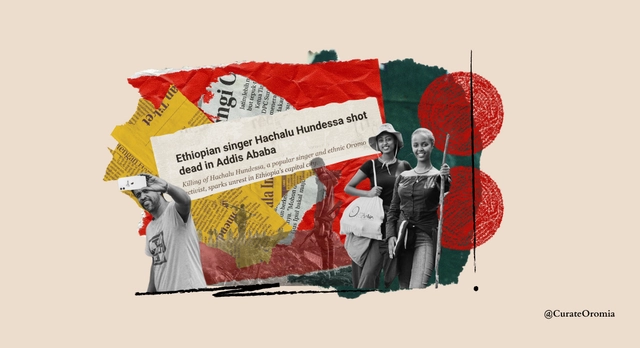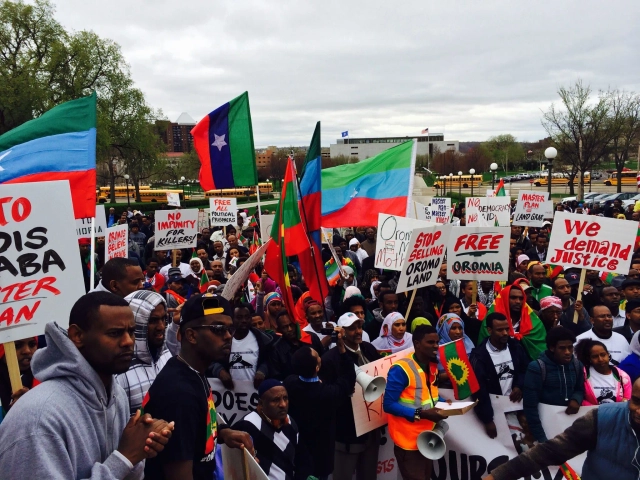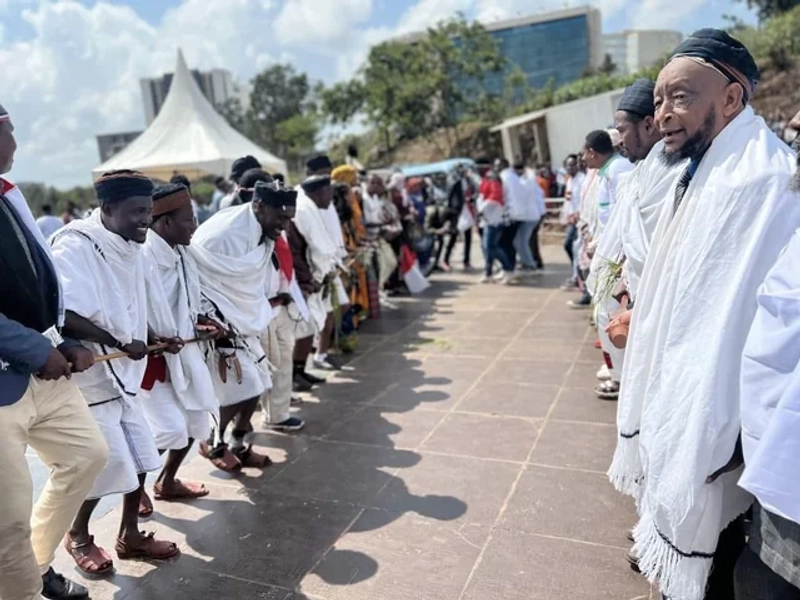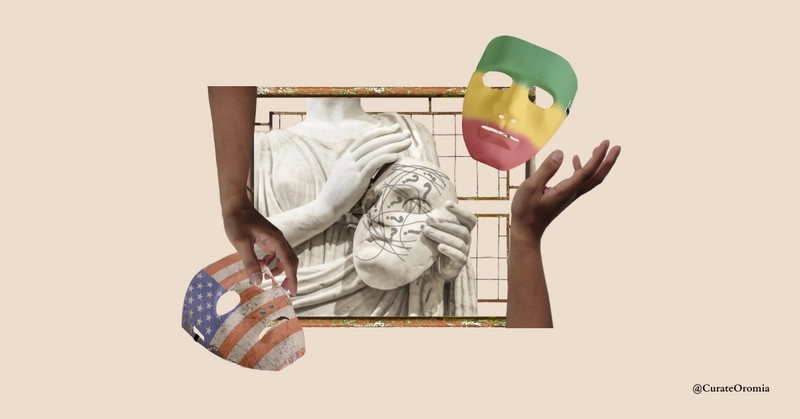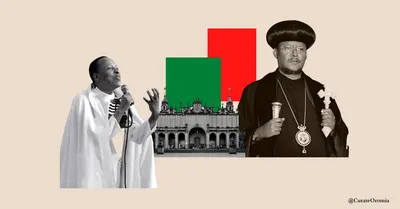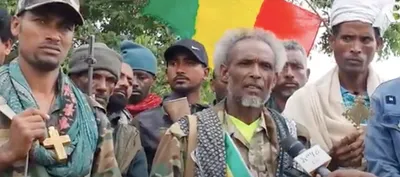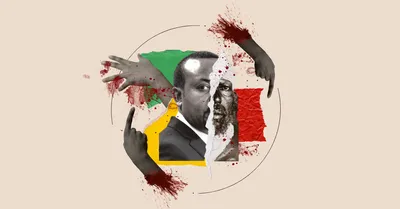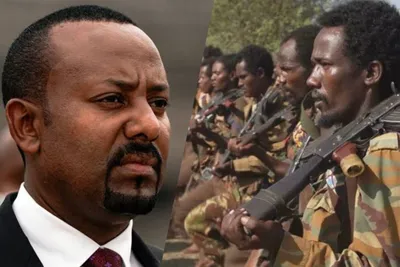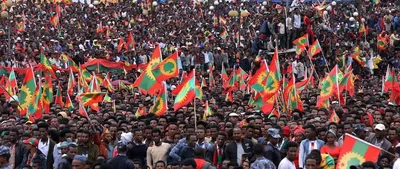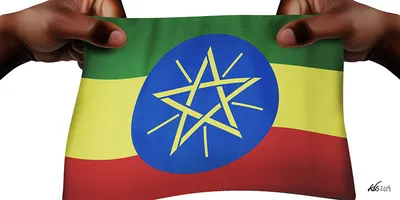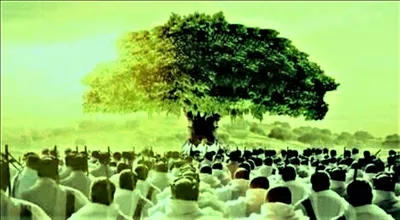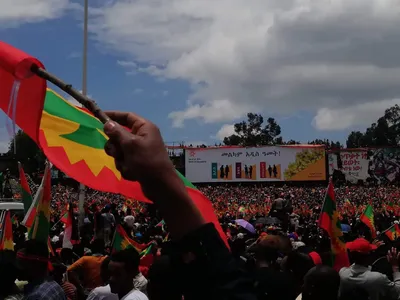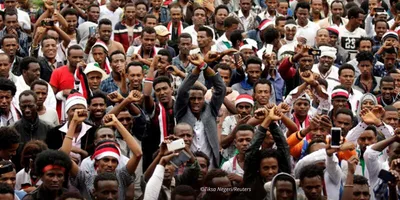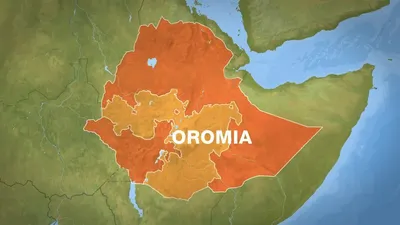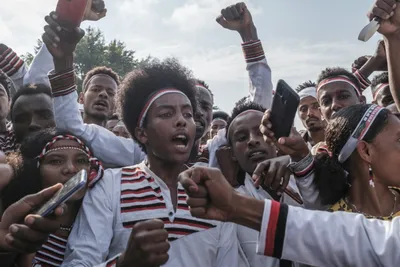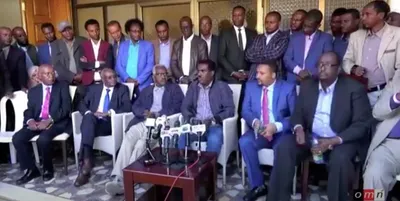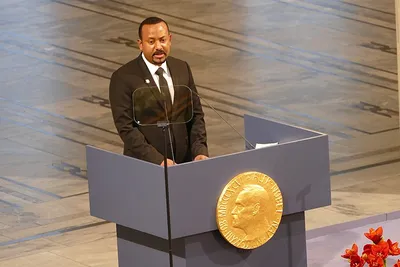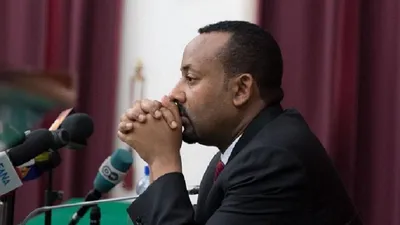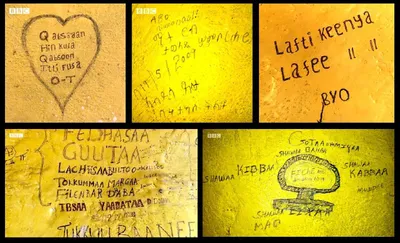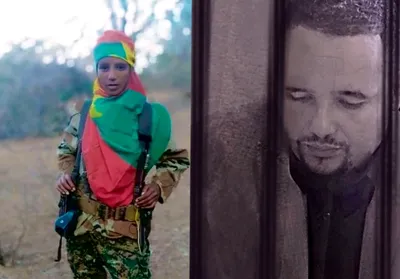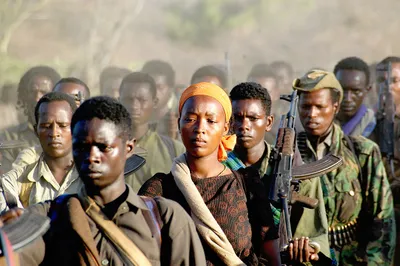Opinion
Abiy Ahmed’s negative perception of Wallaga is deeply rooted in the historical relationship between the Oromo and the Ethiopian state.
Isaias Afwerki’s anniversary speech blatantly ignores the Oromo people’s century-long struggle against imperial conquest.
History is filled with rulers who, despite overseeing populations in distress, diverted vast resources into extravagant projects.
Many institutions are complicit in this campaign but Visit Oromia stands out, as it has spared no effort in serving this regime and cleaning up its image.
The public discourse needs to be tempered with an understanding of the deep bond that exists between Oromos and Somalis.
The Ethiopian state has made it abundantly clear that it has no intention of ending the use of violence.
“I hope that in reading this, you will feel the urgency to protect Irreechaa, an irreplaceable cultural symbol for the Oromo nation.”
While Somalis have at the very least preserved their language, which is a core pillar of one’s identity and culture, practically every urban Kenyan Oromo, with the exception of a few, lost knowledge of their gosa, mana, or balbala. While most can understand their language, they can’t speak it.
Get the latest from Curate Oromia straight to your inbox

